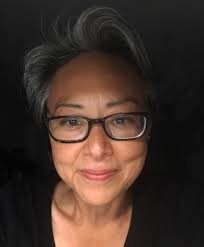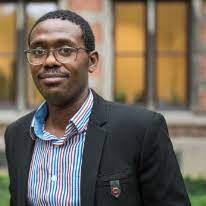
This session discusses different understandings of time and temporalities from a human and non-human relationship perspective.
In describing time and the colonial state, Tunisian activist Meryem-Bahia Arfaoui states, "the histories of struggles are not ruptures in colonial continuity. Rather, it is colonization that is a rupture in the histories of the oppressed; the oppressed will be in permanent resistance against it." To illustrate this permanent resistance, the keynote speaker, , takes as an example a non-human species that we, humans, can easily relate to—rice. Rice is one of the most land, labor, and water-intensive crops. Since it is considered as key to development goals in the Global South, there is an increasing pressure to produce more—and within a short time.
While rice intensive production practices and methods paved the way for an industrial revolution in food and agriculture, these “improvements” depended on two changes: an increase in the use of nitrogen fertilizers —AND a decrease OR consolidation of the plants’ genetic base. The two changes — chemical saturation and genetic erosion — turned rice fields into factories. And there were unintended effects. Exploring these effects, Elaine Gan, artist and professor at New York University, will bring in dialogue different perspectives, theories, and framings from a variety of scholarship traditions and disciplines, such as history, sociology, anthropology, etc.

Dr. Francine Rossone de Paula, a Lecturer in International Relations at Queen’s university, will assess and discuss some of the key points raised by Elaine.

The event will be moderated by Réginas Ndayiragije, teaching assistant at the Institute of Development Policy (IOB), University of Antwerp